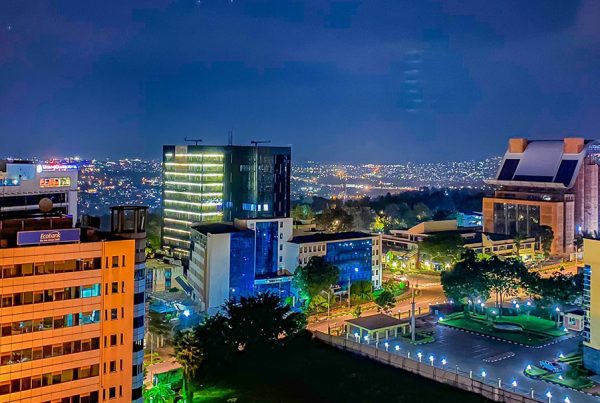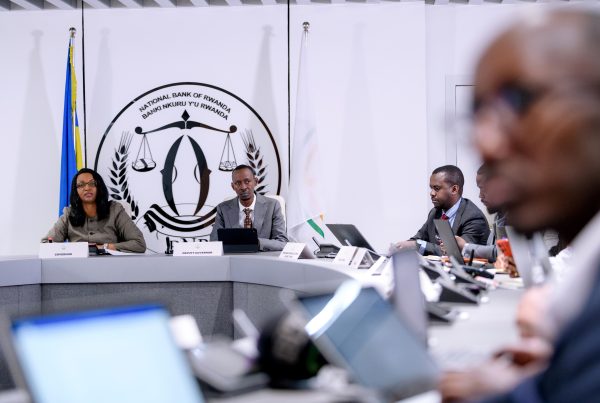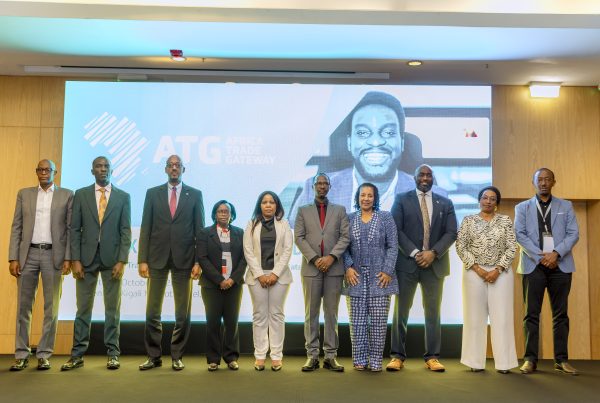Rwanda deepened its role as a continental leader in agricultural innovation with the launch of the Alliance of Bioversity International and CIAT’s country office in Kigali and the signing of a new Memorandum of Understanding with the Ministry of Agriculture, pledging to expand climate-smart farming, improve nutrition and unlock youth opportunities across Africa.
The new hub will coordinate research across CGIAR centers such as IITA, IFPRI and CIP, and work with partners including MEDA and CIRAD to accelerate African-designed, African-delivered solutions from laboratories to farms, building on more than four decades of collaboration that has helped make Rwanda the world’s top consumer of beans per capita.
The Alliance has invested roughly $20 million in agricultural research in Rwanda over the past decade, introducing more than 40 improved feed varieties, deploying high-iron and zinc-rich beans to fight malnutrition, and spearheading the “climbing beans revolution,” with 13 high-yield varieties combating land scarcity and improving the livelihoods of over 500,000 people.
Other initiatives include deploying a digital banana disease diagnostic tool, training over 200,000 farmers in climate adaptation, scaling women-led climate-resilience enterprises such as carbon-neutral farming and insect-based protein production to reach one million beneficiaries, supporting more than 50 Rwandan MSc and PhD scholars, and collaborating with the Rwanda Green Fund to grow 43 climate-focused SMEs.
“This milestone strengthens our partnership and reinforces our dedication to work hand in hand with the Government of Rwanda to promote agricultural resilience, boost productivity and expand research capacity,” the Alliance’s Africa Managing Director Dr. Wanjiru Kamau-Rutenberg said, adding that the work is personal for her as an African woman committed to ensuring the next generation has the opportunities and skills to thrive.
Agriculture Minister Dr. Mark Cyubahiro Bagabe likened the collaboration to a well-tended field that yields “season after season” when nurtured, saying that “in the next three to four years we will be seeing the fruits of this collaboration, you can see the passion and energy, it’s not just another MoU.” With the Kigali office operational and the renewed agreement in place, officials say the next phase will be defined by linking science, climate finance and farmer-led innovation to secure Africa’s food systems for generations.





